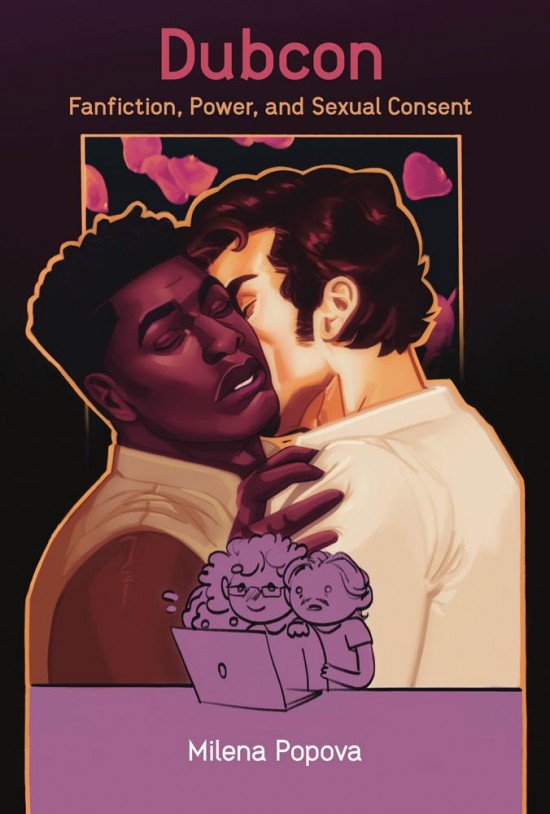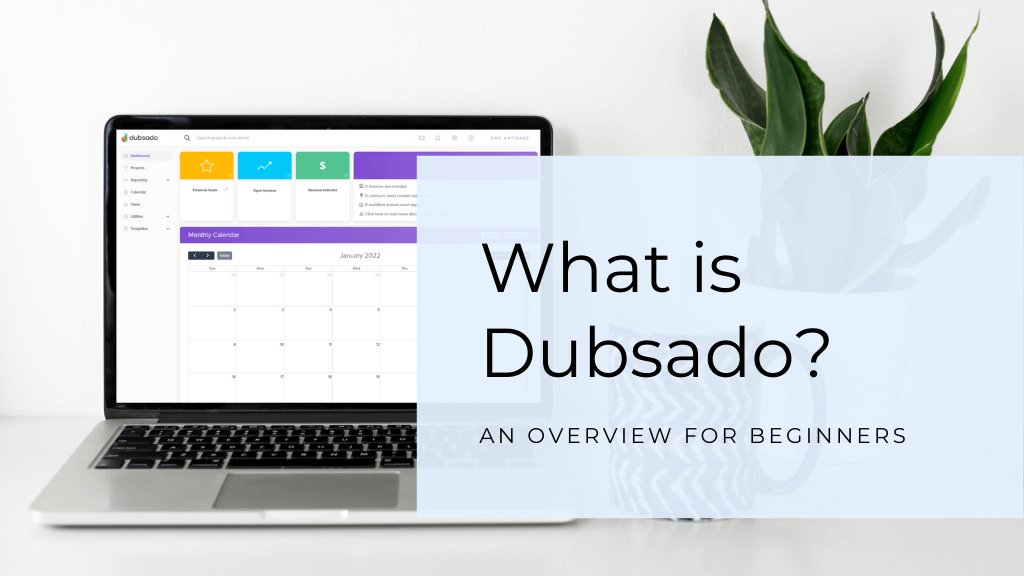Dubcon in books refers to a controversial theme known as dubious consent. It involves situations where consent may be ambiguous or coerced, leaving readers to question the ethical boundaries. In the realm of literature, dubcon can spark intense discussions on power dynamics and consent in storytelling. Authors often use this theme to explore complex emotional and psychological elements in their narratives. As we delve deeper into the world of literature, understanding what is dubcon in books sheds light on the nuanced layers of human relationships and evolving societal norms.
What is Dubcon in Books
Dubcon, short for “dubious consent,” is a term used in books, primarily in the romance and erotica genres. It refers to situations where one character gives consent for a sexual act, but that consent is obtained under dubious or questionable circumstances. This often involves scenarios where one character uses manipulation, coercion, or deception to gain the other character’s agreement to engage in sexual activity.
The Controversy Surrounding Dubcon
Dubcon is a topic that sparks a lot of debate and controversy within the literary community. Some readers find it titillating and enjoy the tension and power dynamics portrayed in such stories. Others argue that dubcon normalizes unhealthy behaviors and sends the wrong message about consent.
Exploring the Gray Area
One of the key aspects of dubcon is that it blurs the lines between consent and coercion. The characters involved may find themselves in morally ambiguous situations where it’s not always clear whether the consent given is truly voluntary. This gray area is what makes dubcon stories both intriguing and problematic for many readers.
Depiction in Literature
Authors who include dubcon in their books often use it as a plot device to create tension or explore complex relationships. These stories can delve into themes of power dynamics, trust, and boundaries. While some readers enjoy the emotional intensity and conflict that dubcon can bring to a narrative, others find it uncomfortable or triggering.
Understanding Consent
Consent is a crucial aspect of any healthy relationship, both in real life and in literature. It’s important for readers to understand the difference between consensual and non-consensual interactions. Dubcon stories can sometimes blur these lines, leading to misunderstandings or misconceptions about what constitutes healthy behavior.
Navigating Sensitive Themes
Authors who choose to include dubcon in their books need to handle the subject matter with care and sensitivity. It’s essential to portray the nuances of consent accurately and to avoid romanticizing harmful behaviors. Readers should be able to differentiate between fiction and reality and recognize when a story crosses the line into promoting unhealthy dynamics.
Impact on Readers
For readers, encountering dubcon in books can evoke a range of emotions and reactions. Some may be drawn to the forbidden allure of taboo relationships, while others may feel uncomfortable or triggered by the content. It’s essential for readers to engage critically with the themes presented in dubcon stories and to consider the implications of romanticizing dubious consent.
Starting Conversations
Dubcon in books can serve as a starting point for meaningful conversations about consent, boundaries, and healthy relationships. Readers can use these stories as a springboard to discuss important topics surrounding sexual ethics and personal autonomy. By engaging with dubcon content thoughtfully and critically, readers can deepen their understanding of complex issues related to consent and power dynamics.
In conclusion, dubcon in books is a complex and contentious topic that raises important questions about consent, morality, and representation in literature. While some readers may find the tension and drama of dubcon stories appealing, it’s crucial to approach this content with caution and awareness of the implications it carries. By fostering open discussions and promoting healthy portrayals of relationships in literature, we can navigate the nuances of dubcon content responsibly and ethically.
DubCon vs. CNC Discussion & Recommendations
Frequently Asked Questions
What does dubcon mean in books?
Dubcon, short for dubious consent, is a term used in literature to describe a situation where one or more characters engage in sexual activities under circumstances where the consent is unclear, ambiguous, or questionable.
Why is dubcon a controversial topic in literature?
Dubcon is controversial because it deals with sensitive issues surrounding consent. Some readers find it problematic as it blurs the lines between consensual and non-consensual encounters, potentially romanticizing or trivializing serious matters such as sexual assault or coercion.
How is dubcon different from non-con or explicit non-consent in books?
Dubcon typically implies a scenario where consent is unclear or ambiguous, often due to factors like power dynamics, deception, or altered states of mind. In contrast, non-con or explicit non-consent explicitly portrays situations where one party does not give consent, highlighting non-consensual sexual encounters without the ambiguity.
Final Thoughts
Dubcon in books refers to dubious consent situations where there is ambiguity or lack of clear consent between characters. It is crucial for authors to handle such themes with sensitivity and respect. Readers should be mindful of these content warnings before diving into such narratives. Understanding what dubcon in books entails can help navigate these complex and potentially triggering scenarios.




